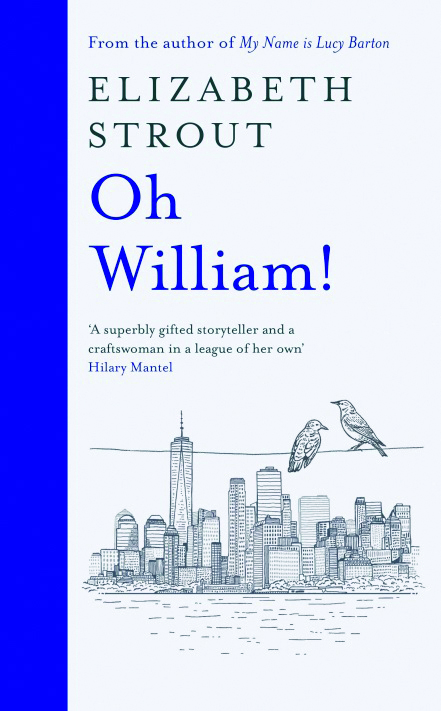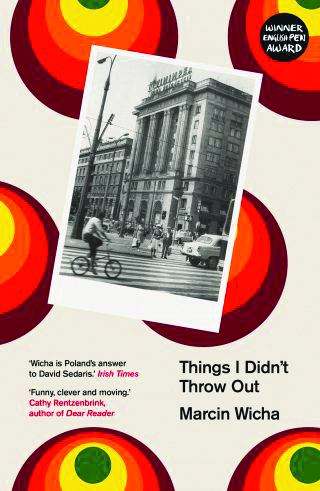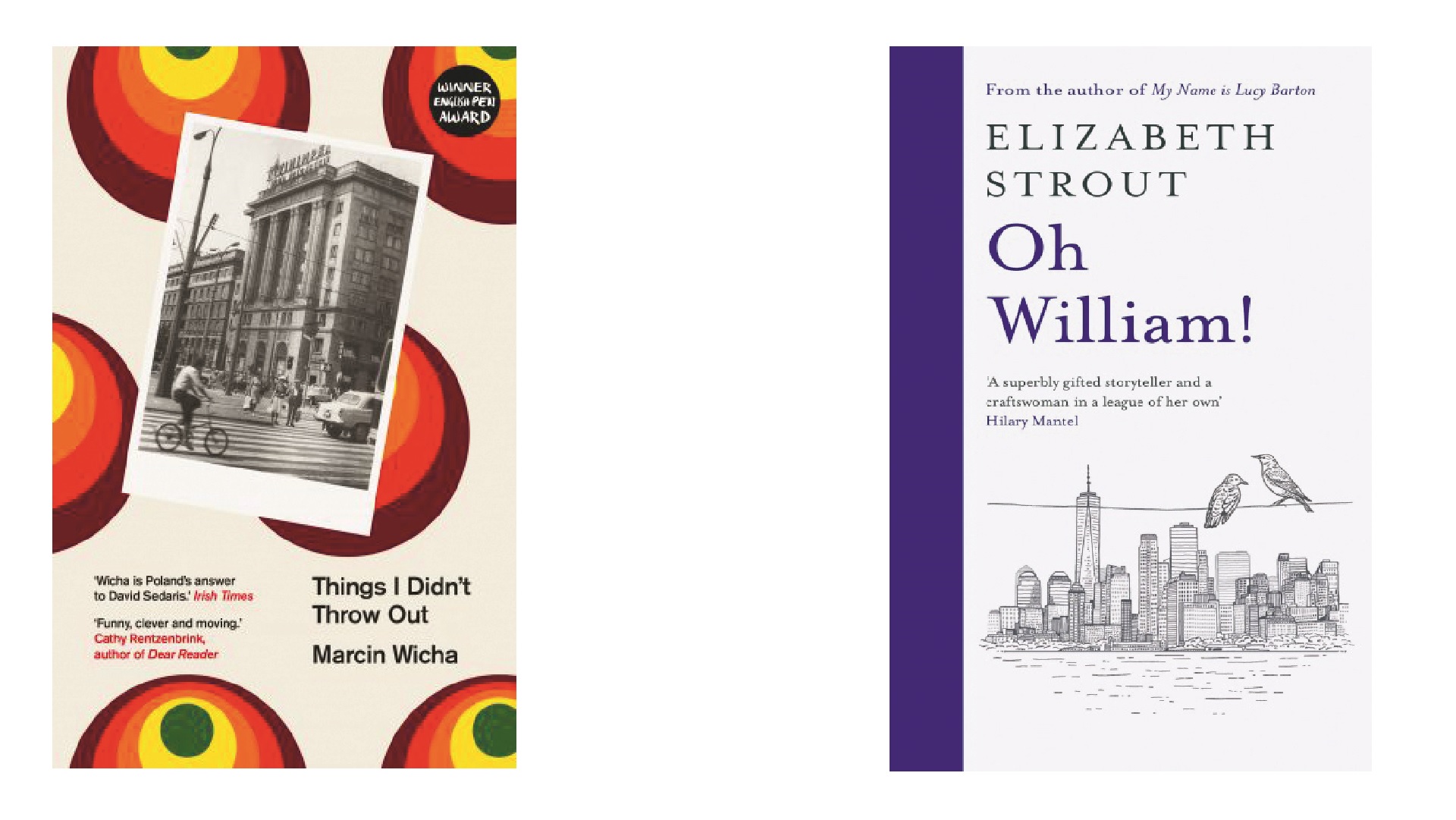American novelist Elizabeth Strout has built a large loyal fan base since her terrific Olive Kitteridge won the Pulitzer Prize in 2009. Rather like Anne Tyler, with whom she shares an interest in the inner lives of women immersed in their families, she is celebrated for the authenticity of her constantly musing female characters, and their weighing up of duty, love, self-interest and the influence of the past. Her new novel Oh William! sees her return for a third time to the much loved Lucy Barton, whom we first met five years ago in My Name is Lucy Barton.
In plot terms, it’s certainly useful to have read the 2016 novel, in which Lucy recounts her terrible childhood of poverty, social isolation and familial neglect, as well as her pathologically dysfunctional relationship with her mother. But Strout’s best novels are rich with deceptively slight little anecdotes which, to borrow an oddly appropriate boxing phrase, float like a butterfly and sting like a bee. Oh William! is no different, delivering its emotional gut-punches in the form of brief pop-up recollections and drive-thru memories; life as a series of pangs and blows.

Lucy is now a successful writer living in New York, mourning the death of her beloved second husband David. She has maintained a friendly, affectionate relationship with her first husband and father of her two daughters, the titular William. Upon discovering that, before he was born, his mother abandoned a baby daughter, William enlists Lucy on a journey to Maine to track down his half-sister.
Strout’s prose is notably unshowy, which might be why admiring fellow writers ask ‘How does she do it?’ How do her economical everyday sentences conjure scenes so familiar and true it feels like she’s stolen them from inside our heads? Can it be true that our great friends Olive and Lucy aren’t real? Lucy is a generous-spirited narrator, keen to connect by sharing poignant personal memories, though she is also believably honest about her regular un-novelistic failures of expression or conclusion; “I am not sure”, “I could not describe it”, “I don’t know what to say!”. Her liberal Austen-like use of exclamation marks – implying a surprised flush to the cheek, or a long-suffering vexation – help further to bring her to life.

Strout is immensely insightful about the persistent impact of childhood and how even a past full of sadness and fear and loss can be hard missed. We move through her stories as we drift through our own lives, via moods and musings swerved by random gusts of music, banal recollections, a rush of de ja vu, a casual comment. Humans are unsolvable mysteries negotiating an ungovernable life, Lucy decides, but it is in striving to connect that we make it worth living.
Like the fictional Lucy Barton, writer Marcin Wicha had a fraught and complicated relationship with his mother. The Irish Times called Wicha Poland’s answer to David Sedaris, but I think he’s better than that. His memoir Things I Didn’t Throw Out paints a vivid picture of his late mother through the numerous trinkets, books and curios which vied for space on her apartment shelves. Wicha is extremely funny about his mother in an enviously throwaway style (“‘A lovely boy,’” she said, because she remembered I didn’t like him”), but he is also profound, able to summon the ghosts of ravished post-war Poland alongside one of its long-suffering memory collectors.









